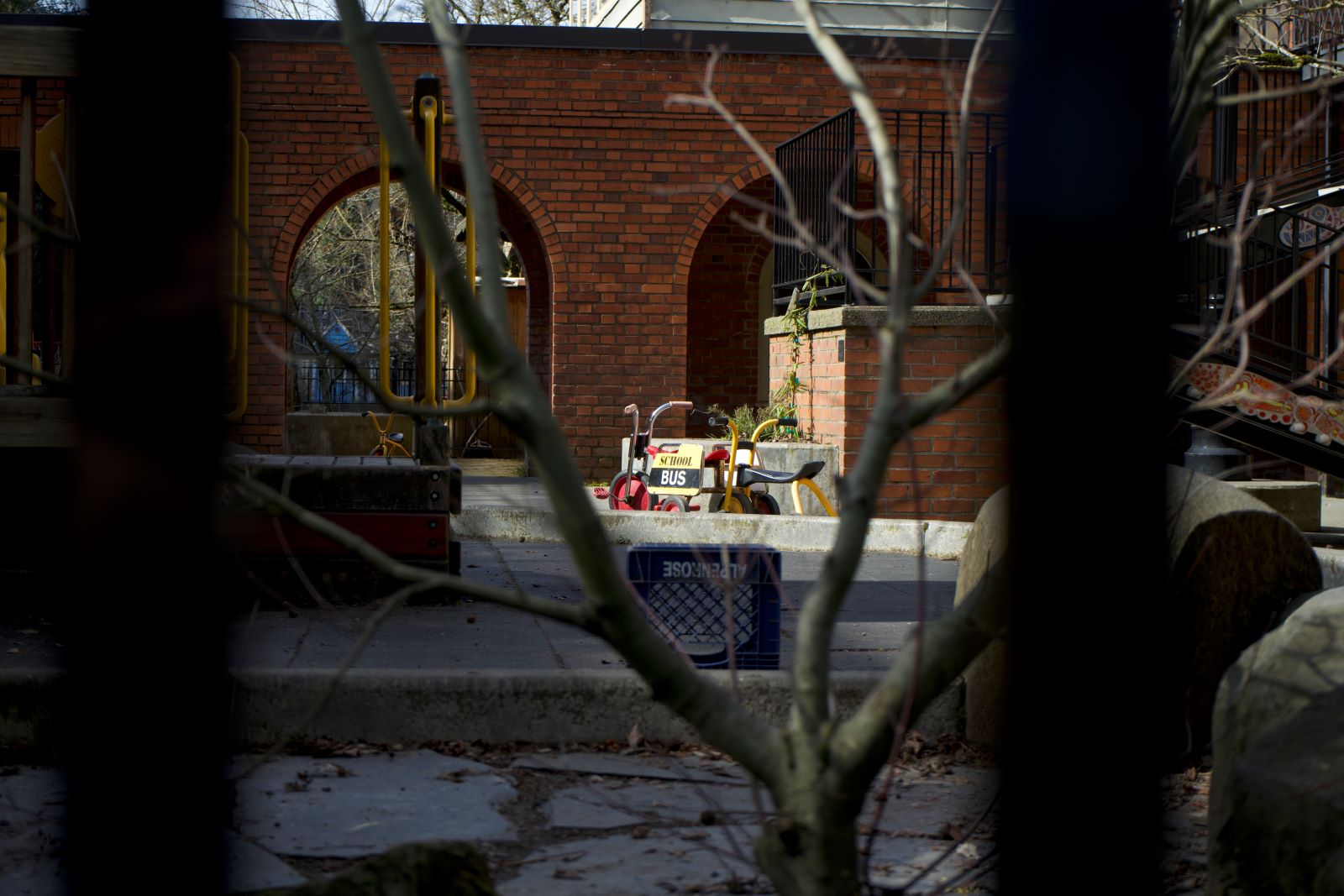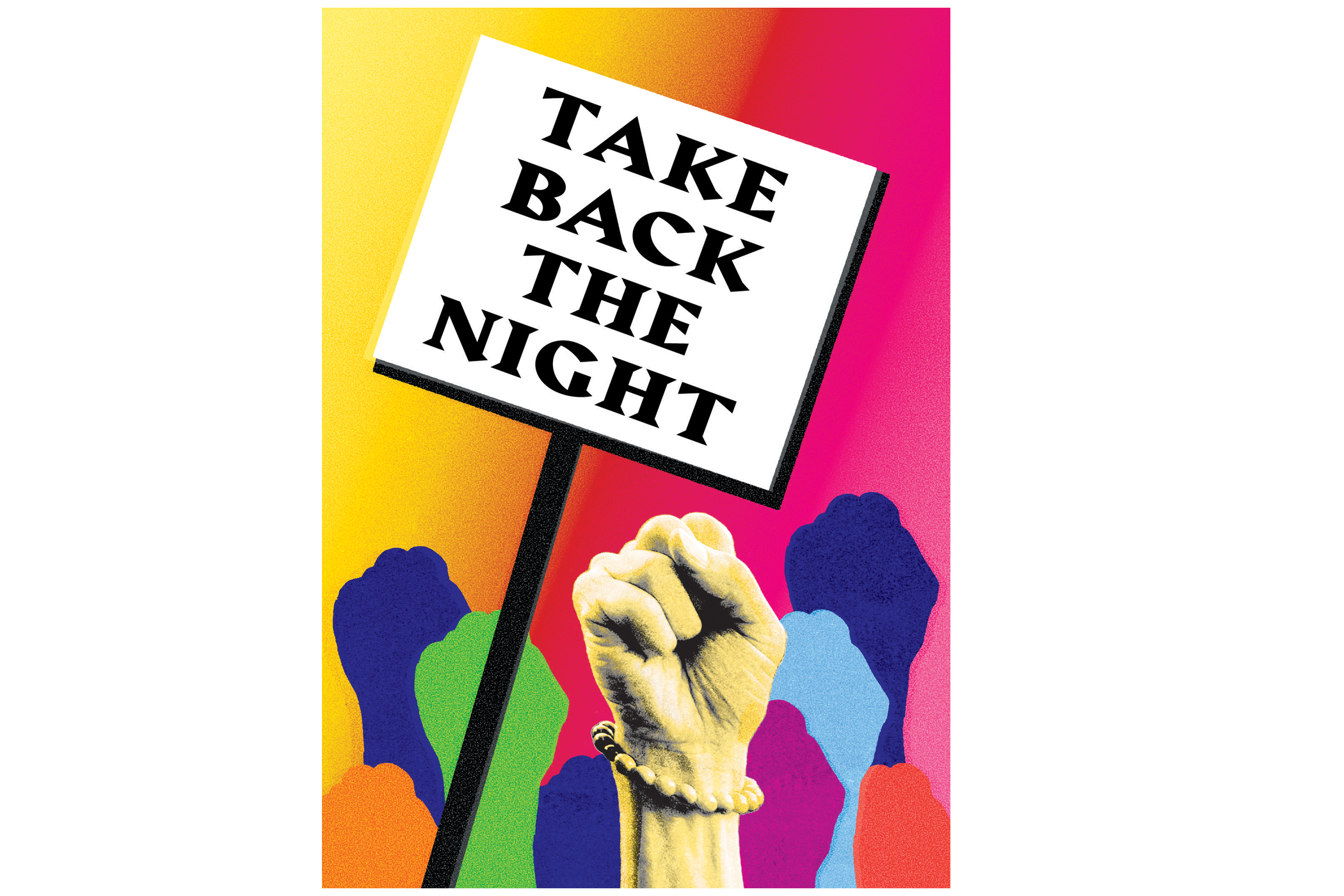Canada is reopening arms exports to Saudi Arabia, moving forward in a controversial deal to sell 14 billion Canadian dollars of military technology—mostly armored vehicles—to the Saudi government.
According to Canadian Foreign Affairs Minister François-Philippe Champagne, the renegotiated arms deal will contain “significant improvements,” including a clause that allows Canada to suspend the permits again if it finds out the military hardware is being misused. It remains uncertain whether the armored vehicles’ alleged use in Yemen will hinder the deal under this clause.
The agreement, originally brokered in 2014 under the Conservative Party’s former Prime Minister Stephen Harper, was set to continue under Justin Trudeau’s administration until the 2018 diplomatic crisis between the two nations. The crisis was so severe Saudi Arabia ordered its diplomats, medical patients and potentially over 15,000 exchange students to leave Canada.
The diplomatic crisis was sparked by Canadian government tweets, which its embassy translated and retweeted in Arabic. The tweets called for the release of jailed human rights activists and demanded a more progressive stance on human rights from Saudi Arabia. The Canadian government froze military sales permits to Saudi Arabia in the aftermath. Canada became even less likely to recommence arms sales in the wake of widespread outrage over the extrajudicial killing of a Washington Post journalist, Jamal Khashoggi, in a Saudi embassy.
The Saudi Arabian government’s involvement in the Yemeni civil war is only one of multiple allegations of major human rights violations it faces, but it is severe. According to the United Nations, Saudi Arabia has been responsible for 60% of the civilian deaths in that particularly bloody conflict.
Champagne said the current arms deal brings significant economic benefits to Canada. In particular, he credited the manufacturing of light armored vehicles (LAVs) for bringing more jobs to the Ontario region in which the manufacturer, General Dynamics Corp., operates its production centers. Despite this, human rights activists and the New Democrats party strongly oppose the arms deal on humanitarian grounds.
Canada is not generally a high-volume exporter of military technology, but Saudi Arabia is the world’s largest buyer, according to a 2019 report by the Stockholm International Peace Research Institute. The United States, according to the same report, exports 36% of the total internationally sold arms, making the U.S. the world’s largest arms exporter.
The Canadian government’s official position is that it placed a “moratorium” on arms sales to the Saudis. Mark Kersten, deputy director of the Wayamo Foundation, rebutted this position, saying: “I struggle to know what ‘moratorium’ means to this government, because to me, when there’s a moratorium on something, you can’t increase the sales of that thing. And that is exactly what seems to have happened.”






